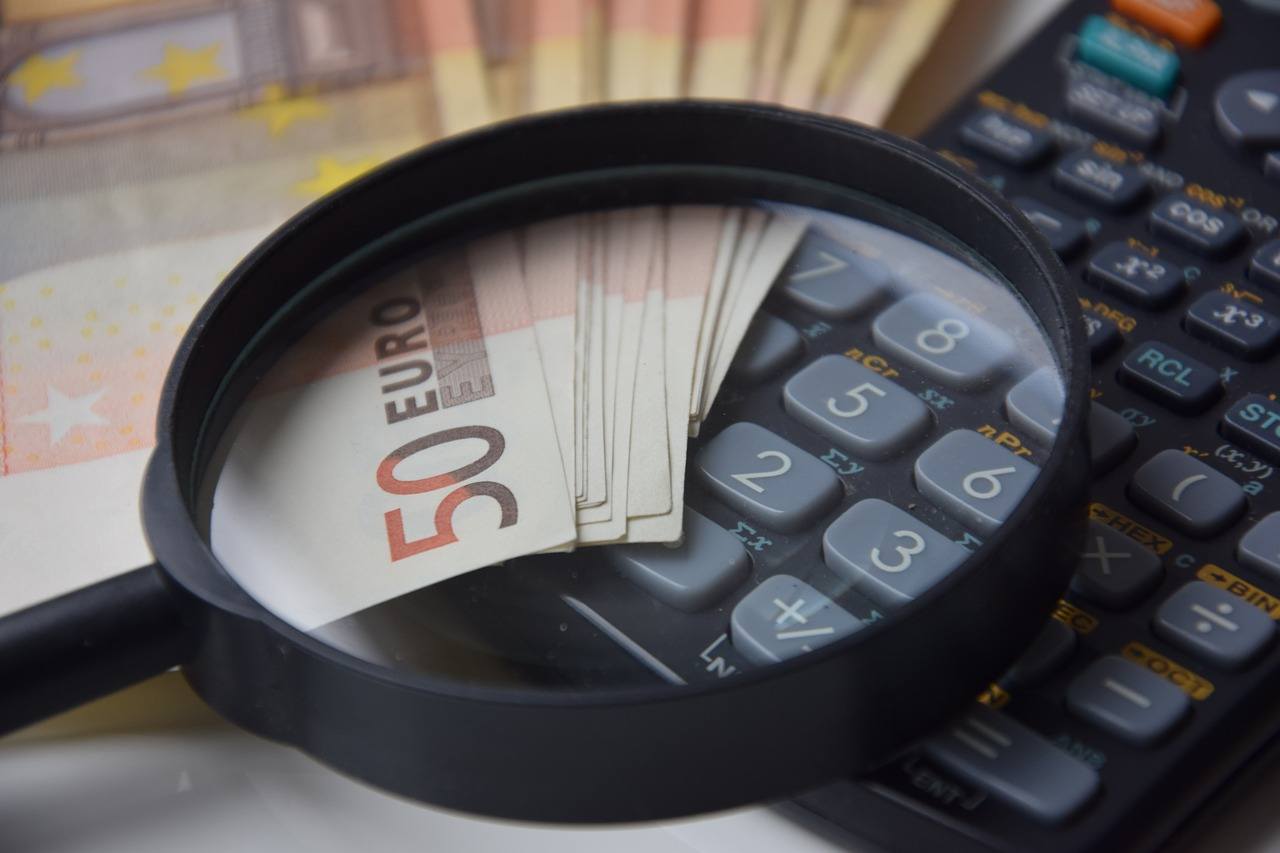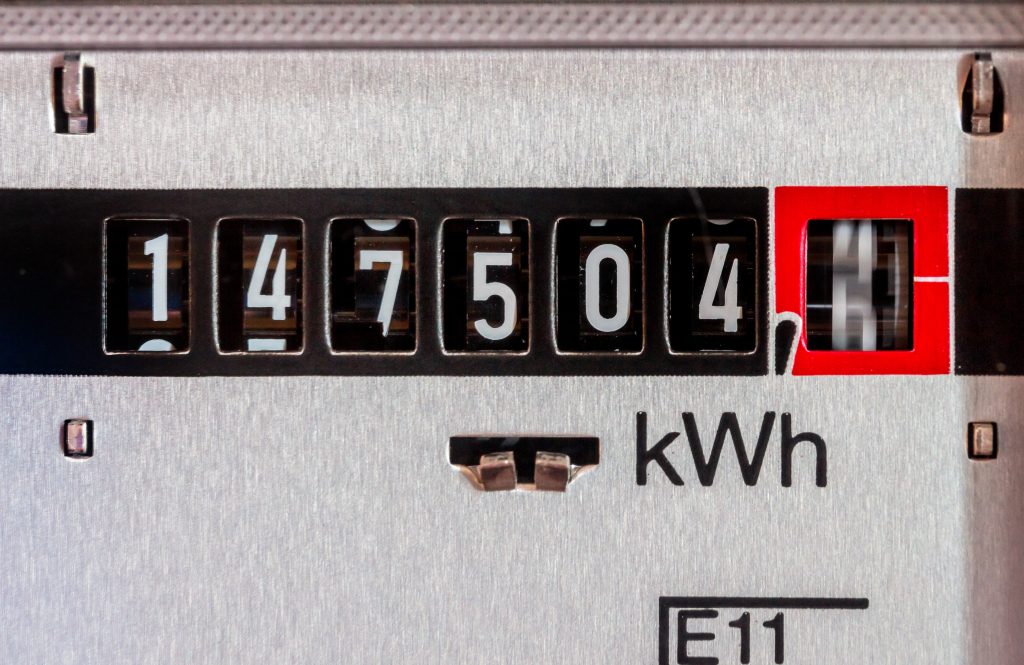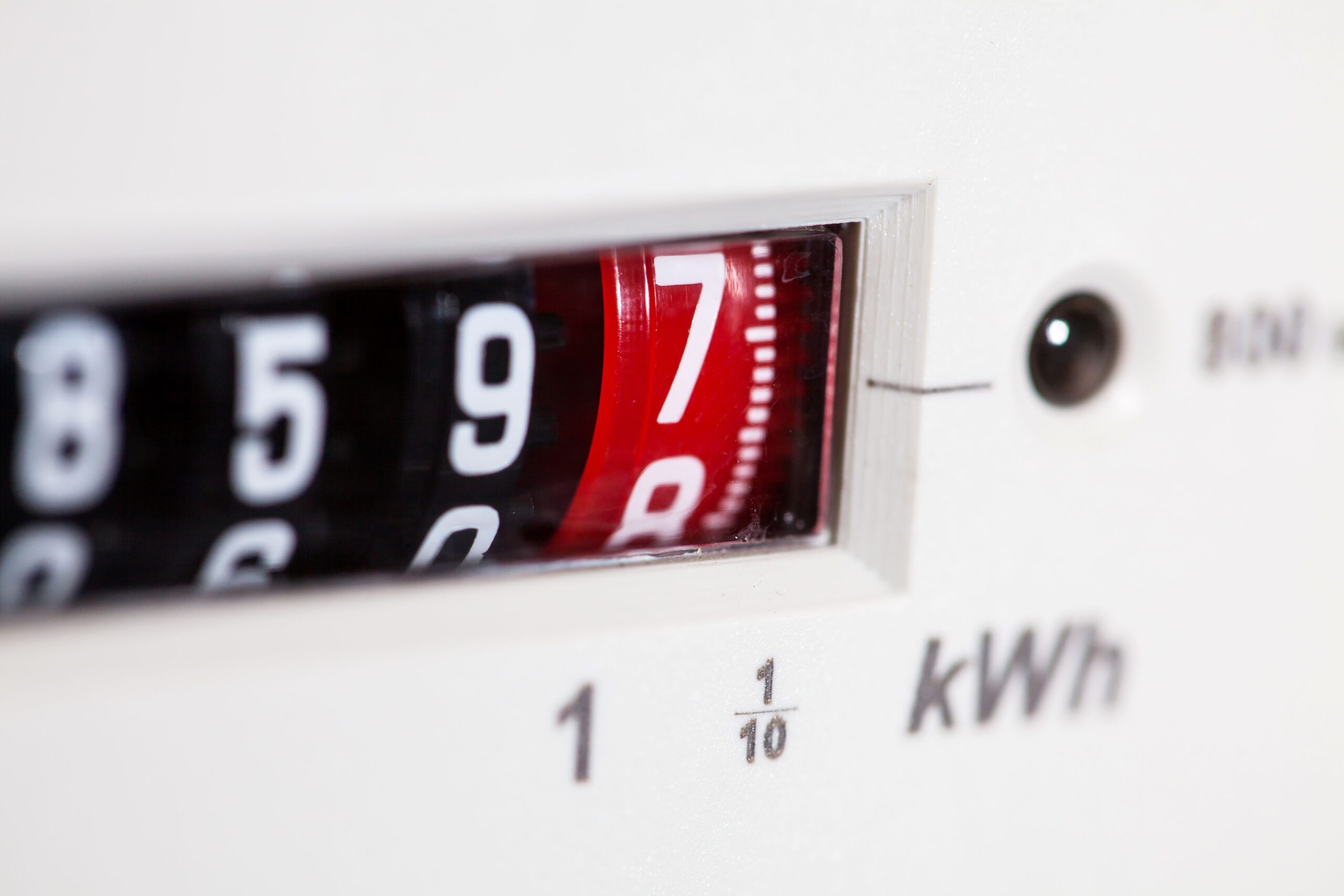
According to the CREG, Belgians do not benefit from the cheapest energy deals!
According to a study by the CREG, households that change energy supplier do not benefit from the most competitive deals on the market. What is the reason for this?
On 17 December 2015, the Commission de Régulation de l’Electricité et du Gaz (CREG) gas and electricity regulatory commission published on its website a study on the product portfolios of different active suppliers in the Belgian energy market. The findings are conclusive: if the annual switching rate is higher than the average for Europe, households that opt for an alternative energy supplier do not subscribe to the cheapest energy deals. Therefore, the CREG calls consumers to turn to a certified price comparison website to compare and learn more.
[sc name=”comparer-default-en” ]
The study focused on electricity and gas products whose rate cards are published each month by all active providers in Belgium. These rate cards are accessible to small and medium-sized consumers (less than 50,000 kWh per year for electricity and less than 100,000 kWh per year for gas). The results of this study also concern: households, the self-employed and SMEs. For the moment, no tool is available to large consumers to make comparisons. In this regard, Wikipower has launched its contract management service for professionals.
A minority has competitive rates
The CREG specifies that only 3% of households benefit from an electricity supply product from the top 10 on the market. However, 63% have a deal that belongs to the 10 most expensive products on the market. For the self-employed and SMEs, these shares are 9% and 69% respectively.

Regarding gas, the percentage of households benefiting from a product in the top 10 is 5%. Again, 44% have a deal that belongs to the 10 most expensive products on the market. For the self-employed and SMEs, these shares are 17% and 58% respectively.
Explanations considered
Among the arguments provided by the CREG, we find the classic elements that tend to slow down the process of switching supplier:
- lack of trust in the new suppliers;
- lack of information about the absence of administrative procedures and the scrapping of termination fees;
- unfounded fear of having the electricity and/or gas cut off during the changeover period.
The above points can also increase the share of switches to the biggest suppliers who benefit most from greater trust by households.
According to Wikipower, other, more rational explanations may also be mentioned to explain that 90% of households do not have the most competitive energy rates:
- a competitive electricity rate the first year after a promotion isn’t necessarily so afterwards, the latter being valid for the first 12 months. On our price comparison website, unlike those of the regulators, all the promotions available on the market are taken into account in the results display if you wish;
- a minority of consumers would change every year to the country’s main suppliers;
- the cheaper products are often accompanied by a reduction in the services provided by the suppliers (compulsory direct debit, invoice by e-mail only, no contact by phone,…);
- secondary criteria are preferred by some households (for example the Greenpeace ranking, used primarily on our comparison website developed in partnership with the NGO).
Compare properly the energy prices
90% of consumers can therefore make savings by changing supplier or changing tariff with their current supplier. To do so, comparing the prices of electricity and gas is the ideal solution since it enables you to directly view the cheapest offers.
[sc name=”comparer-blue-en” ]
If you wish to receive advice and support free of charge, we are available to help you by chat, by e-mail at info@energyprice.be and by phone on 0800 37 456.
[sc name=”call-me-en” ]
Summary
Also read on our blog

What is an automatic contract renewal? It may be the reason your bill goes up! Find out how to avoid it.

In Belgium, every home connected to the electricity network has a meter. There are several types: single, dual, night-only, etc. B…

Choosing energy providers is tricky, because it’s an important decision. You want to find a company that offers impeccable c…

Reading your electricity meter enables you to find out your energy consumption in kilowatt-hours by subtracting last year’s …